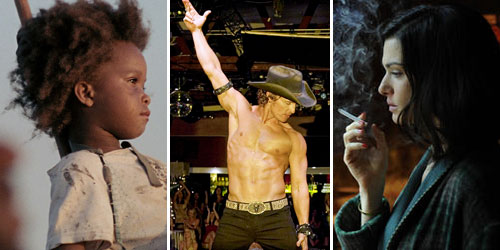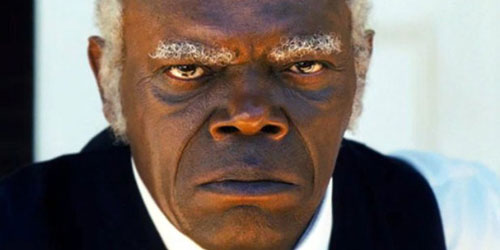My New York Film Festival coverage culminated last week with a review of Inherent Vice, the new film from Paul Thomas Anderson. You can read my piece on the film over at Next Projection. You’ll find the first few paragraphs below. Like all of PTA’s more recent films, Inherent Vice made for a beguiling but hypnotic first sit. I can’t wait to revisit it in December. To browse all of my 2014 NYFF pieces, click here.
Sometimes life hits you with a bunch of complicated shit when all you really want to do is spin a Neil Young record and roll another number. Inherent Vice is a film about that feeling. It’s about other things, too: capitalism, counterculture, California. It’s also about how much Paul Thomas Anderson, the film’s director, loves convoluted film noir plots, Robert Altman’s The Long Goodbye, and the prose of Thomas Pynchon. Inherent Vice throws a lot at you in 148 minutes. It’s a chaotic noir odyssey – all comic mayhem and mournful weirdness. But really it remains a simple thing: the story of a man (and a decade, the ’60s) whose good times get interrupted by larger forces.
It’s the latest fascinatingly strange, sublimely cinematic look at a moment of American history as rendered by Paul Thomas Anderson.
The first film adaptation of a Thomas Pynchon novel, Inherent Vice tells its story of a nation in flux through Doc Sportello (Joaquin Phoenix), a Southern California stoner and half-assed private eye. The film opens as Doc gets a visit from Shasta Fay (Katherine Waterston), a meaningful ex from his past. Shasta tells of her current affair with Mickey Wolfmann, a real estate goliath so big even Doc knows his name. Wolfmann’s wife has her own illicit lover, and together the two have planned to have Mickey thrown into one of California’s recently privatized “loony bins.”




